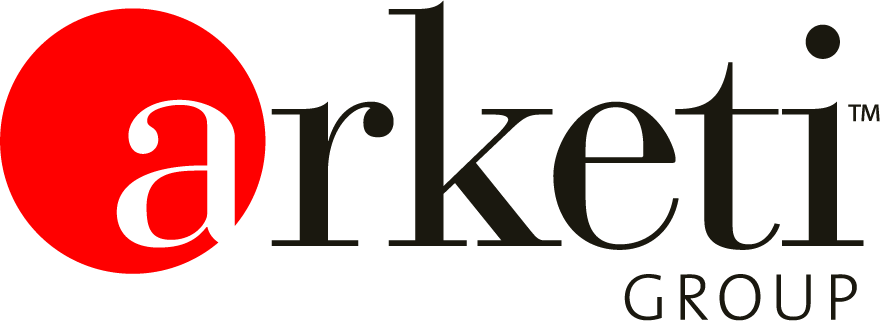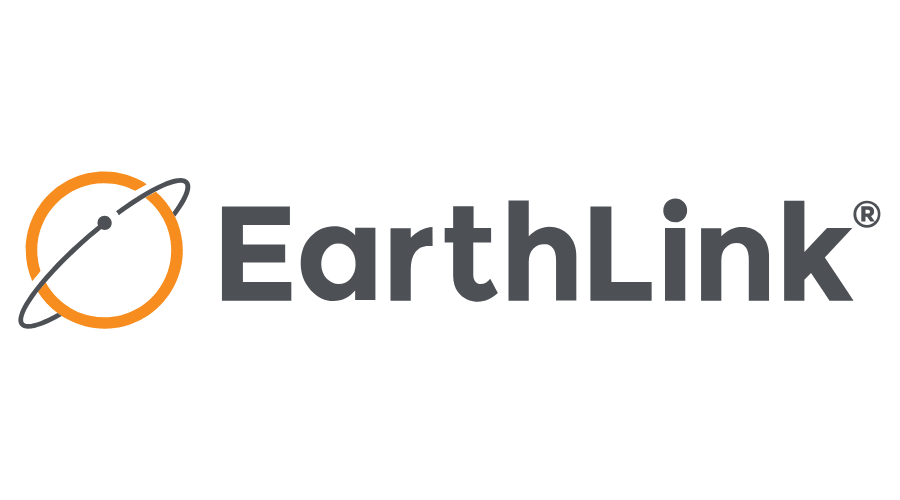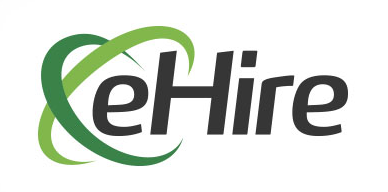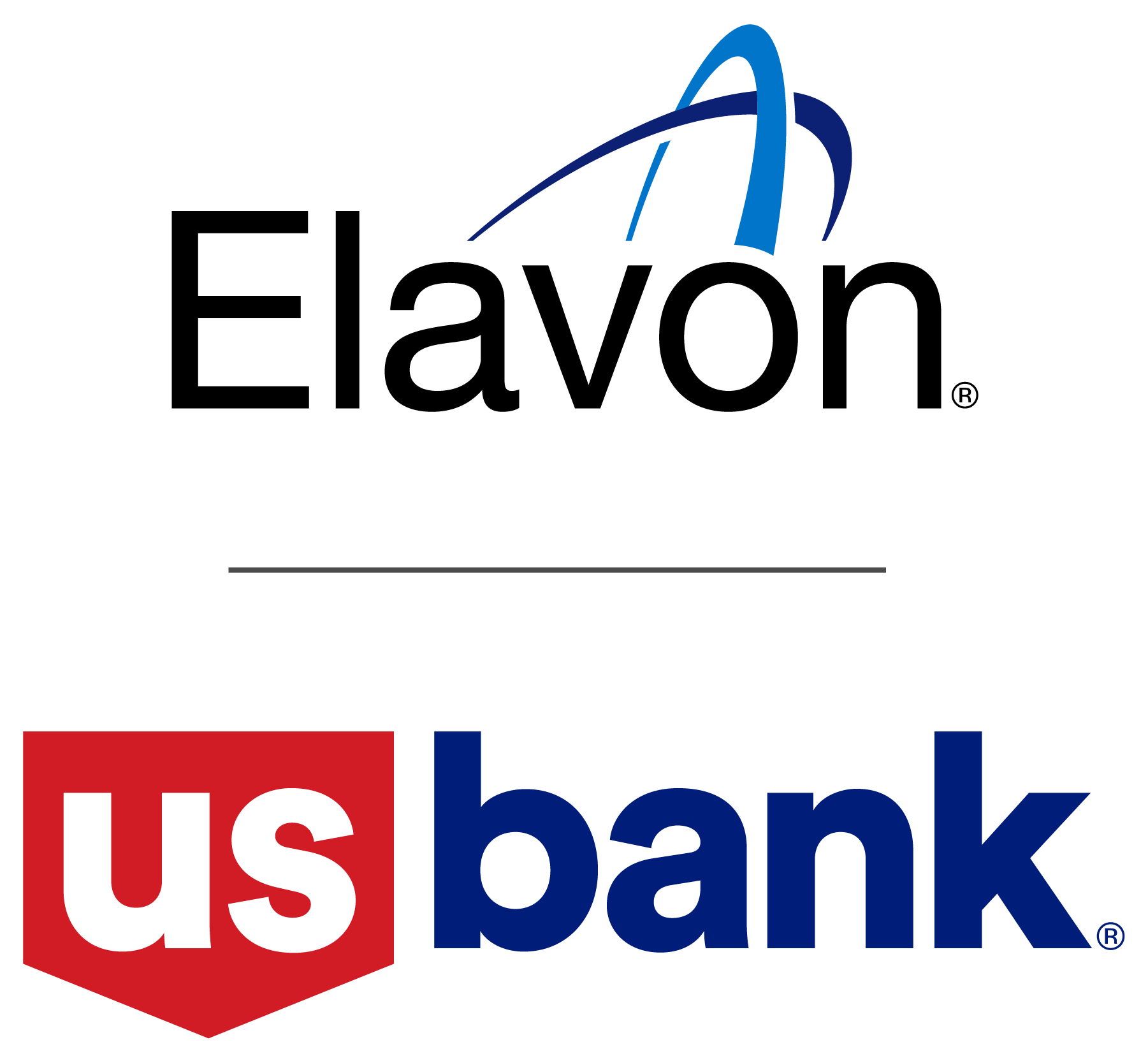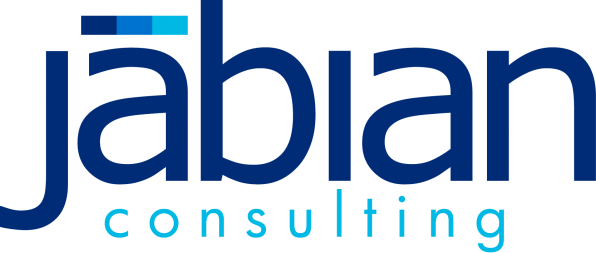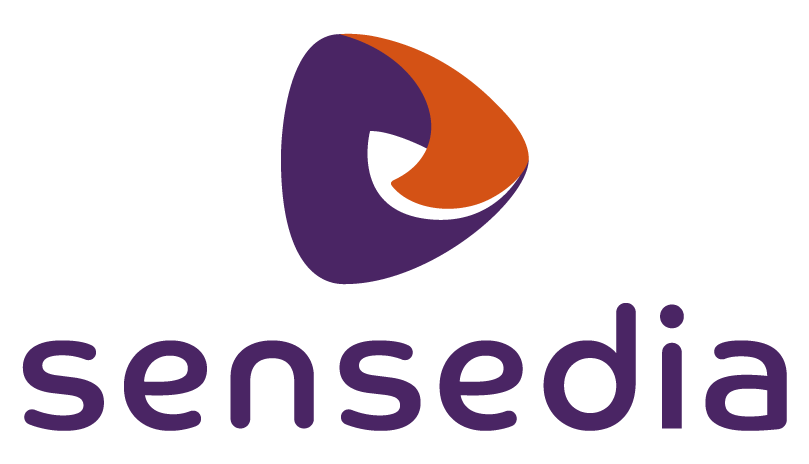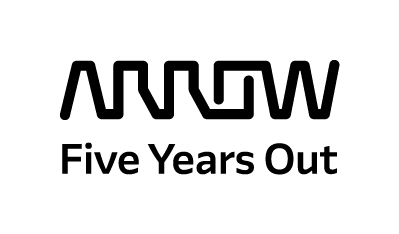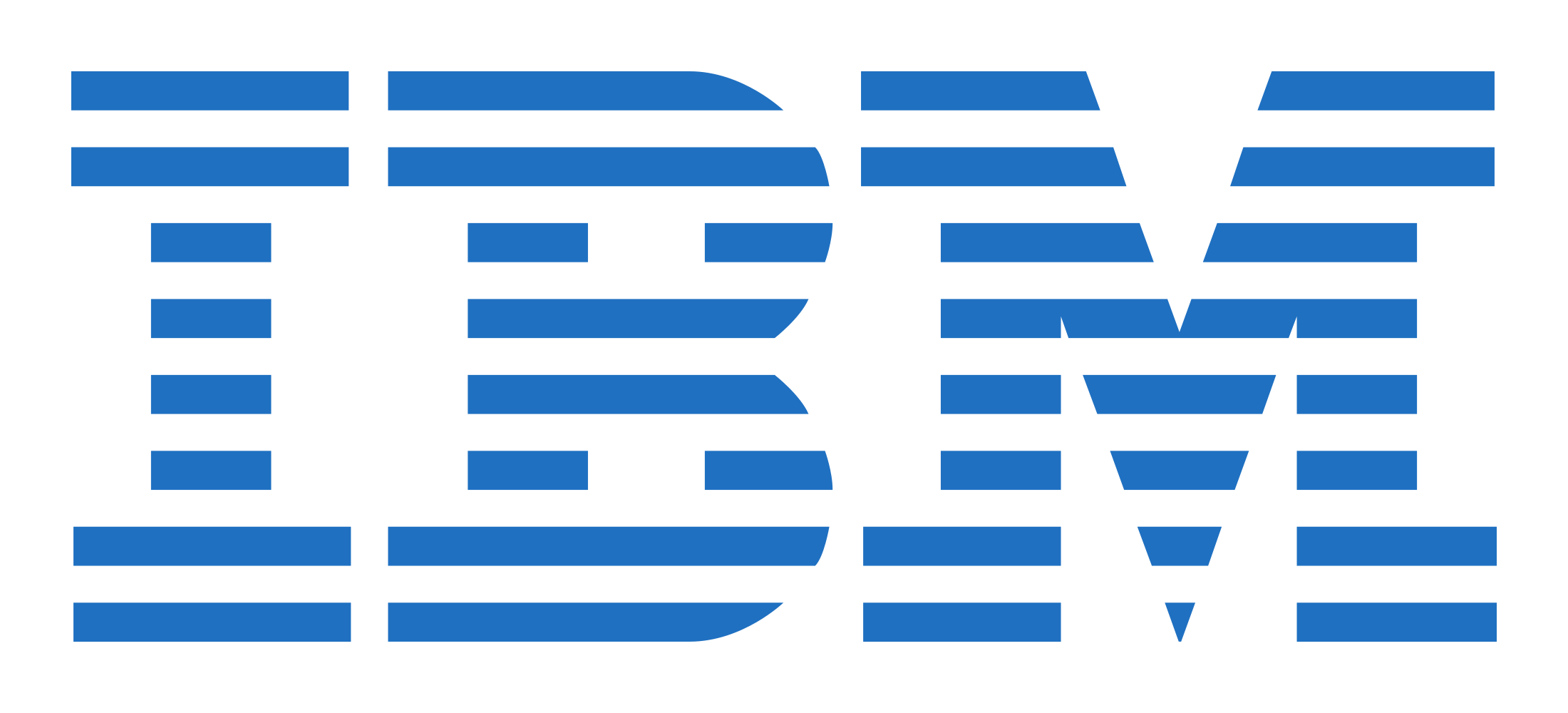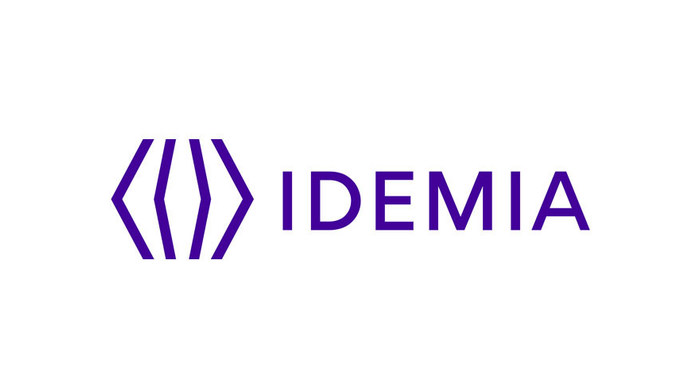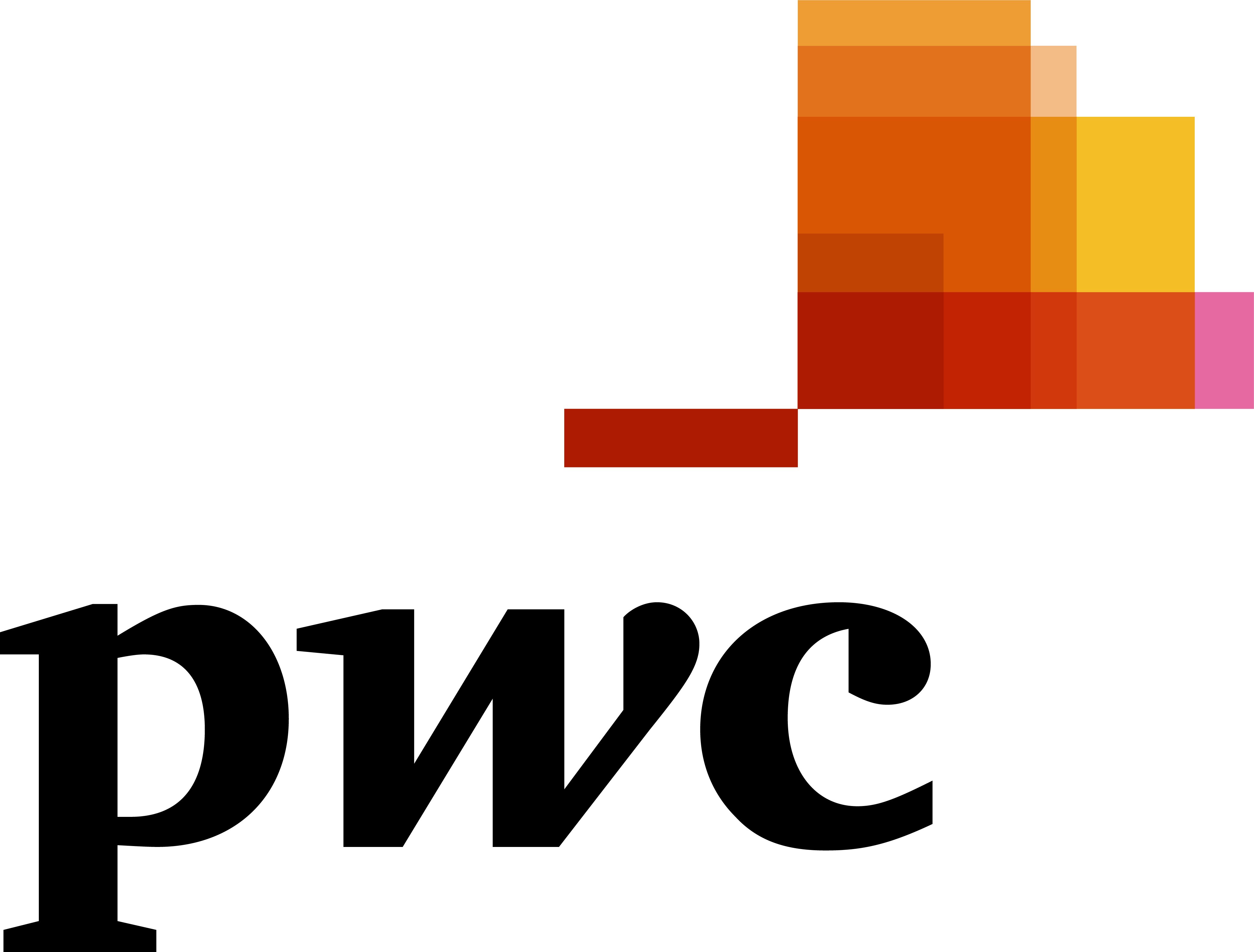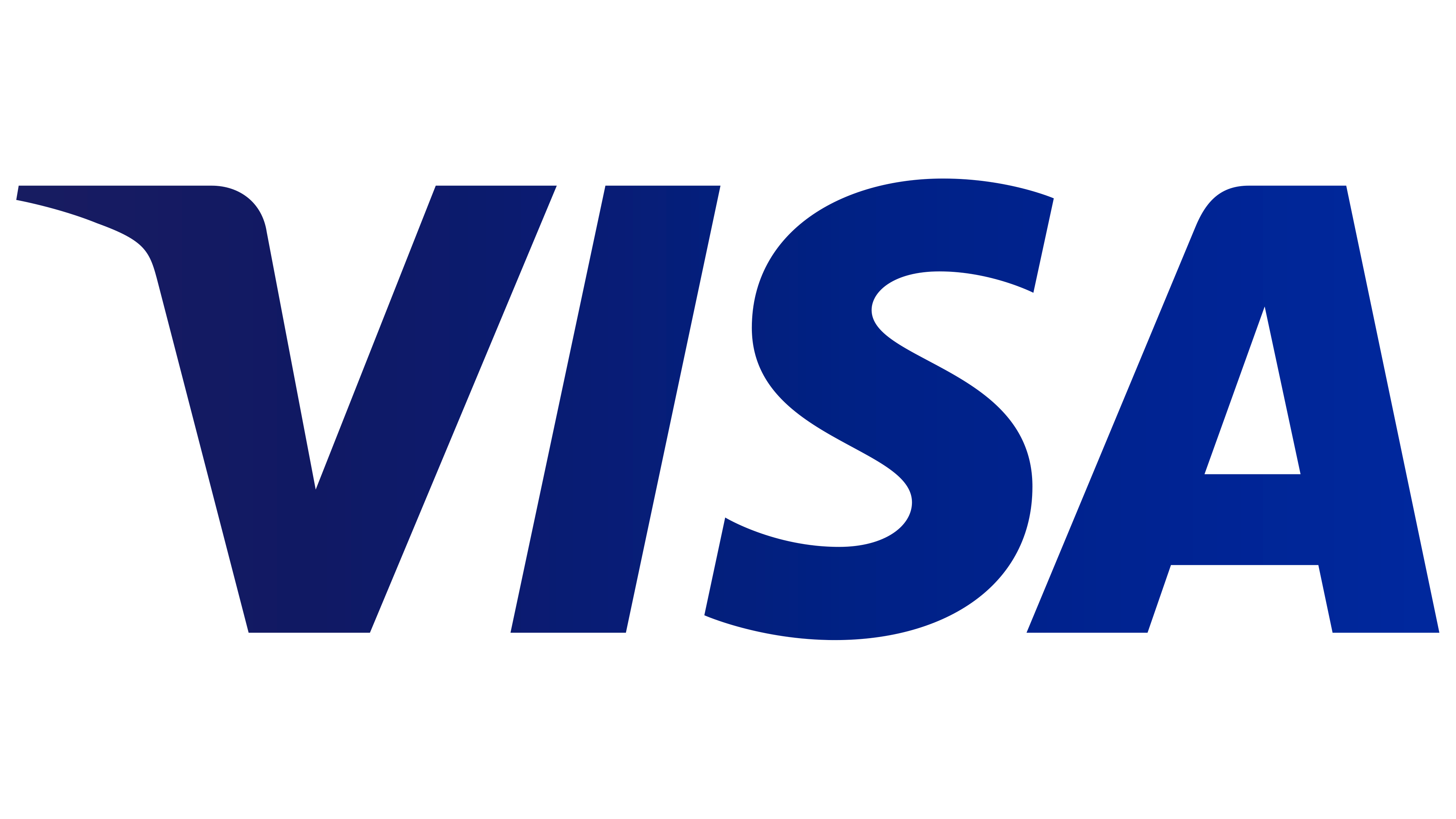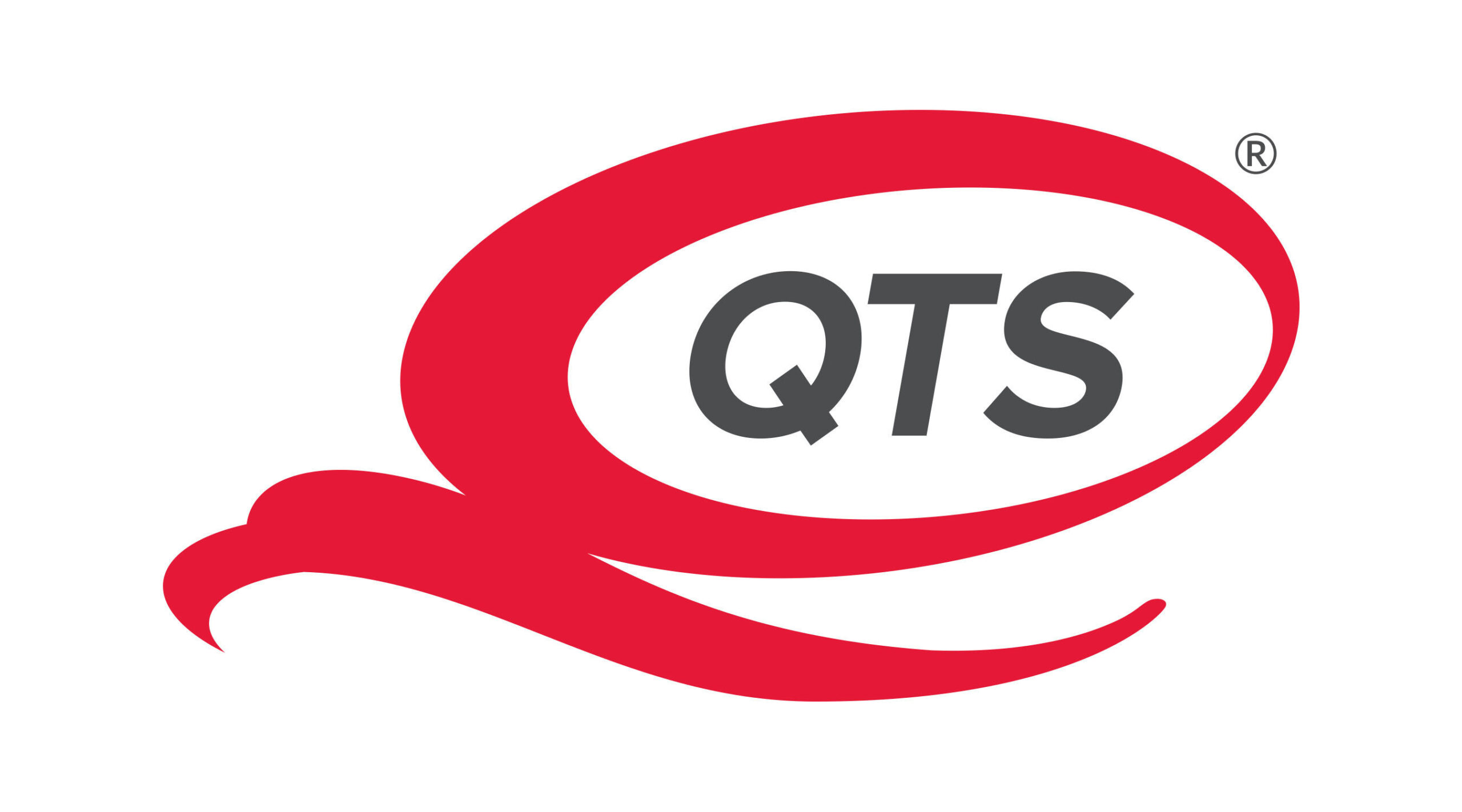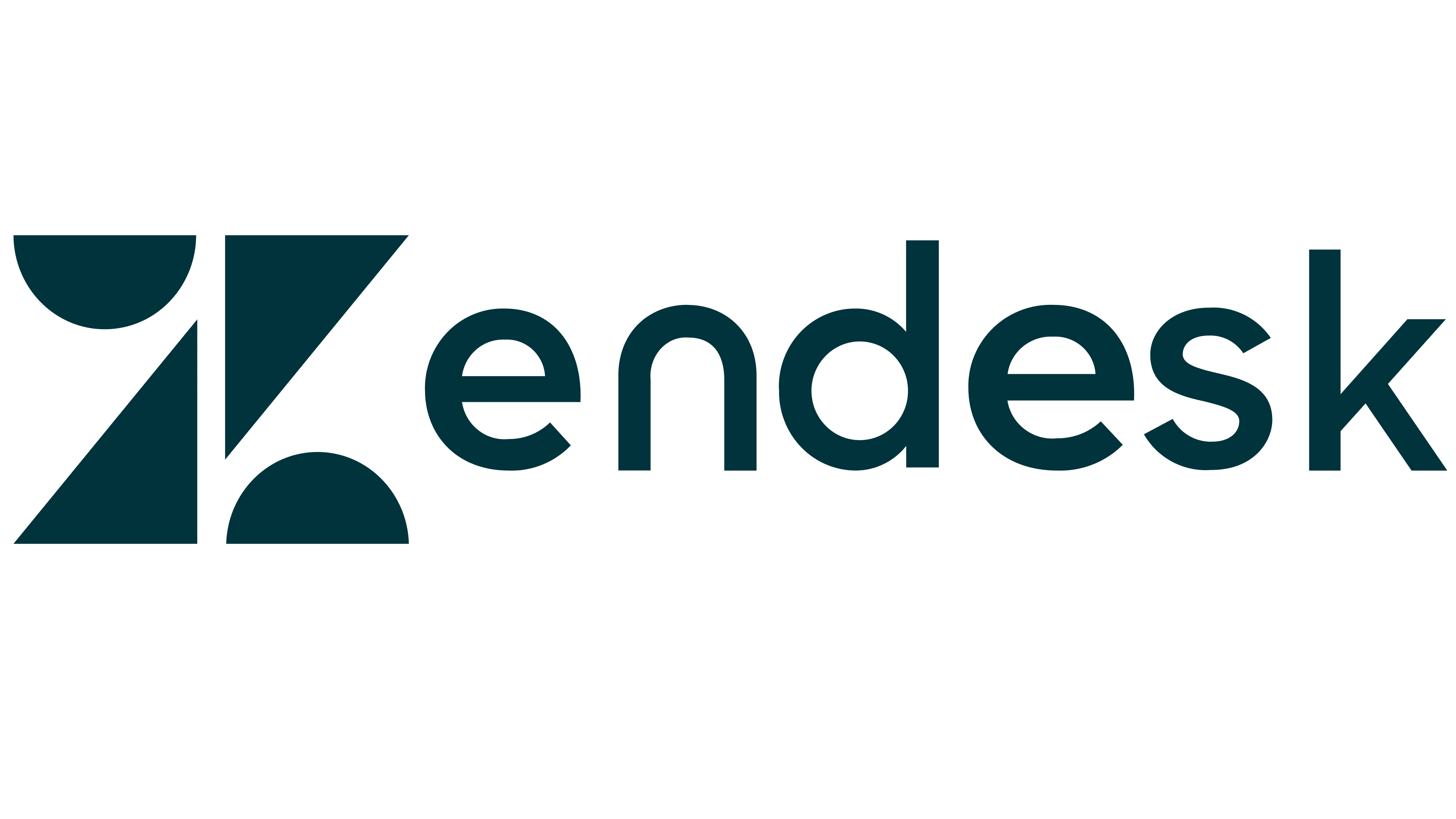By Larry Williams, president and CEO, Technology Association of Georgia
If there’s an industry that could benefit from the power of technology, it’s healthcare. As we all know, the U.S. healthcare payments system is broken. Patients struggle to navigate the maze of healthcare insurance and paperwork. Costs brought about by this dysfunction keep going up.
On November 9, TAG’s Digital Health and Fintech Societies hosted a panel on digital health and payments technology. Thanks to Colin Mellon, SVP and head of Healthcare and Insurance for Fiserve, for moderating this fascinating conversation.
Our expert panelists described a pressing need to transform healthcare payments. They all agreed there is tremendous potential for technology to improve the efficiency of healthcare, but there were different ideas about the scope of the problem and the best way to bring about a solution.
From my perspective, there’s plenty of low-hanging fruit in this space, and the more technology the better. Whenever we see a doctor, why do we have to fill out on the same paper forms confirming insurance or no COVID exposure? Obviously, there is a better way to do this. So let’s accelerate the digitizing of health data. While we’re at it, let’s make other common-sense improvements to save time, make data more accurate and protect personal privacy.
The good news is technology is driving positive trends. Thanks to new apps and the Internet, patients are beginning to receive more clear information on healthcare pricing and insurance. As the process becomes more transparent, information moves faster, and consumers gain more power. Increased patient power opens the door to more competition, improved access to healthcare, and better decision-making.
We’re also seeing the adoption of more advanced telehealth, a trend that accelerated during the pandemic. Then there’s the internet of things. We can now attach sensors to our bodies that collect loads of personal health data. How do we use this data or protect it from others who might exploit it? Privacy is an important issue. Another is the opportunity to monitor our health data or send it to the cloud for further analysis.
The possibilities for innovation in healthcare are endless, and you can find excellent context in The 2019 Digital Health Ecosystem Report. I’m looking forward to the TAG Digital Health Society’s updated Ecosystem Report due in early 2022.
And TAG will continue to lead as we help each other navigate complexity and come together to devise solutions to the problems of tomorrow. Next up is Digital Health Day at the Georgia Capitol in February 2022 and a Digital Healthcare Leadership Summit is scheduled for March 30. Stay tuned because a lot of happening in this area leading into Fintech South, which starts June 15, 2022.

